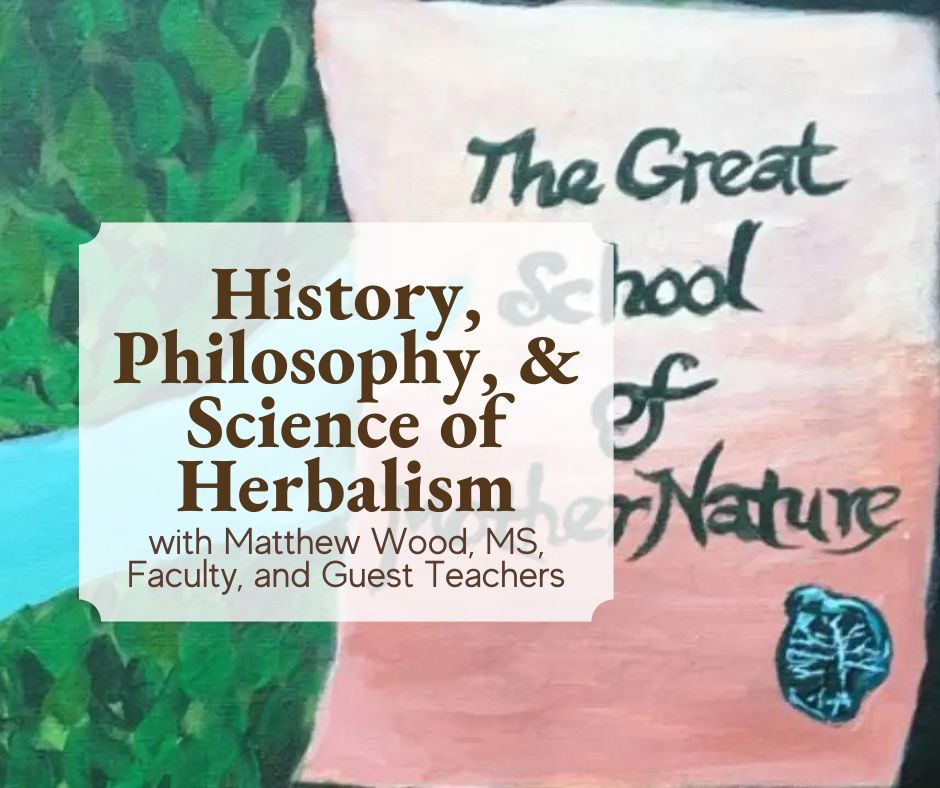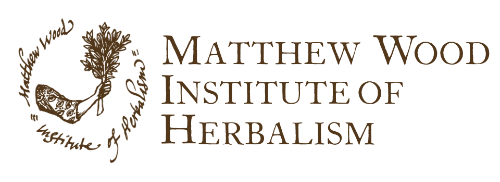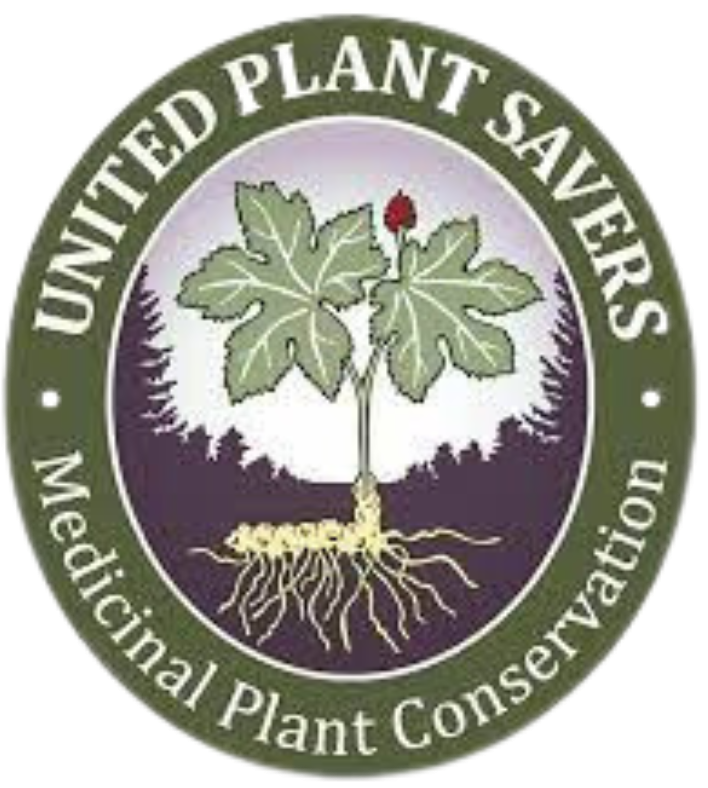
History, Philosophy, and Science of Herbalism
Eye-opening - Fundamental - Essential
History, Philosophy, and Science of Herbal Medicine
In this introductory class, we delve into the historical, philosophical, and scientific foundations of herbal medicine. We explore ancient methods for understanding plant uses, including observations from nature, the doctrine of signatures, and insights from dream-time or visions. These approaches engage our fundamental human faculties, such as sensory awareness, intuition, and imagination.
History, Philosophy, and Science of Herbal Medicine
This is a brief, introductory class on the origins, history, philosophy and science of herbal medicine. We will begin with the most ancient techniques for understanding plant uses: watching what animals used, the doctrine of signatures, and learning from dreamtime or visions. These three methods involve the use of the most basic human faculties: sensory awareness of the environment, intuition, and imagination or dream.
Spiritism, Humoralism, and Energetics
Historians of science generally begin the tracing of the history of medicine with the method called “spiritism” (getting information from spirits). When this is well-established there is often a movement towards a theory or philosophy of herbalism and the organism. This stage is called “humoralism” since it usually involves the idea that health is based on the correct admixture of “humors” or substances (blood, bile, phlegm). The modern version of this is called “energetics” and is based more on fire and water, or heat and moisture. This is the type of concept we find in Greek, Ayurvedic, and Chinese medicine, which are based on hot or cold, damp or dry, the four or five “elements,” etc. It is also what we find in the Native American sweat lodge or the Finnish sauna: warm the center, thin the fluids, keep open the pores of the skin, mucosa, and membranes.
Similars and Contraries
Another approach is based on a knowledge of the “essence” or basic personality/archetype/spirit of a plant and its correspondence to constitutional types, organ systems and functions, and energetics in human beings. This gave rise to the doctrine of similars (like treats like), which also arose out of the doctrine of signatures. Experience also gave rise to the doctrine of contraries (hot to cold, damp to dry, etc.) This is what we naturally do: when cold we warm, when dry we hydrate. Both approaches are correct although they are often looked upon as opposites (hard to explain!)
Holism and Reductionism
The idea of the essence grew into alchemy or the practice of looking inside of things for the spirit or the fundamental ingredient. This led to chemistry and pharmacology, also to the doctrine of reductionism that rules in science: knowledge is found in the smallest particle. But this is only half the story - and the lesser half at that. Knowledge is found in the whole, holism.
The Wisdom and License of Nature
These doctrines – the knowledge of the essence, the signature (representing the essence), cure by contrary, by similar, are founded upon the laws of Nature. This is the path of Wisdom...and more particularly, of “the Wisdom of Nature.” There is an Old, Old Path that distills the wisdom out of experience and this is called “the Way of the Turtle.” The motto of Original Turtle, who has been with us since the beginning of time, is “everything you always knew to be true is true.” Turtle represents what is true in creation. The Old, Old Path is one of the primal paths back to the spirit. When we follow the Way of the Turtle we can receive from the hand of the Living Nature the “inner medical license” and the “mantle of responsibility and authority.” Mother Nature is saying: “you are my true offspring and are obedient to my laws and I acknowledge you as a healer.” So this is the guiding principle of our school: the Wisdom of Nature.
Meanwhile, science proceeded on, without asking Nature’s permission. This led to the splitting of all things, even the atom. It also lead to the creation of medicine based on principles that we must accept and learn from – biochemistry, pharmacology – but which we must be careful to subordinate to the guiding hand of the Living Nature.
Meanwhile, science proceeded on, without asking Nature’s permission. This led to the splitting of all things, even the atom. It also lead to the creation of medicine based on principles that we must accept and learn from – biochemistry, pharmacology – but which we must be careful to subordinate to the guiding hand of the Living Nature.
Different Kinds of Science
Science is not the sole possession of “scientists;” the knowledge indigenous to every culture in the world constitutes some kind of orderly knowledge and deserves respect and study. There are, therefore, different kinds of science, which historians have divided into: rational (logic, mathematics), empirical (experience-based), experimental (replicable), intuitive (holism, essence), visionary (imagination, dreamtime, spiritism, psychicism – Edgar Cayce), and authoritative (tradition, history, peer-review, “the authority of science,” for good or bad).
Included
Support Materials
365pages of historical manuscripts
(not downloadable)
Video
5 hours of teaching
This is for you if you...
Upon completion, you will...
Teacher
Matthew Wood, MS
Write your awesome label here.
History, Philosophy, and Science of Herbalism
Pay homage by learning the origins of so much of what we study at the Matthew Wood Insititute of Herbalism.
Looking For A DEEPER JOURNEY INTO HERBALISM?

